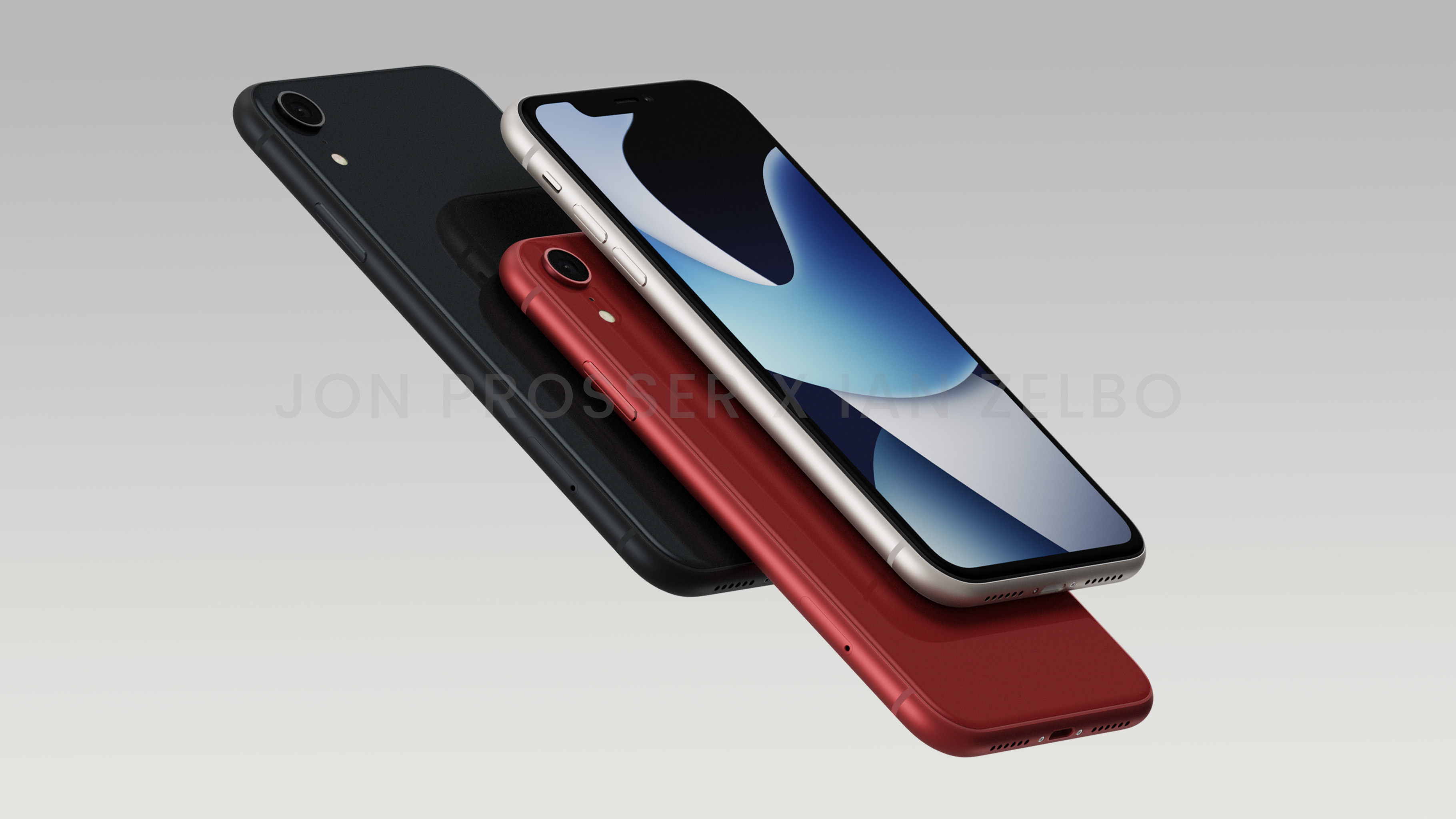Apple's iPhone SE 4 canceled, analyst Kuo claims
And it could be good news for Qualcomm

Here at Tom’s Guide our expert editors are committed to bringing you the best news, reviews and guides to help you stay informed and ahead of the curve!
You are now subscribed
Your newsletter sign-up was successful
Want to add more newsletters?

Daily (Mon-Sun)
Tom's Guide Daily
Sign up to get the latest updates on all of your favorite content! From cutting-edge tech news and the hottest streaming buzz to unbeatable deals on the best products and in-depth reviews, we’ve got you covered.

Weekly on Thursday
Tom's AI Guide
Be AI savvy with your weekly newsletter summing up all the biggest AI news you need to know. Plus, analysis from our AI editor and tips on how to use the latest AI tools!

Weekly on Friday
Tom's iGuide
Unlock the vast world of Apple news straight to your inbox. With coverage on everything from exciting product launches to essential software updates, this is your go-to source for the latest updates on all the best Apple content.

Weekly on Monday
Tom's Streaming Guide
Our weekly newsletter is expertly crafted to immerse you in the world of streaming. Stay updated on the latest releases and our top recommendations across your favorite streaming platforms.
Join the club
Get full access to premium articles, exclusive features and a growing list of member rewards.
In December, analyst Ming-Chi Kuo — who has a pretty solid track record with his Apple predictions — said he expected the next generation iPhone SE 4 to either be postponed or canceled.
Now in a Medium post, Kuo has confirmed that it’s to be the latter after his supply chain sources confirmed that Apple had cancelled production and shipment plans for the 2024 handset.
If true, then from a hard-nosed business perspective, it’s easy to see why Apple has made the decision. Like the iPhone mini, the diminutive 2022 iPhone SE is reportedly struggling to sell in significant quantities.
On top of that, the 2024 version was expected to require a lot more work. Apple was apparently planning to move away from the thick bezels and Home button that have been a mainstay of the SE since its arrival six years ago, for a more modern design based on 2018’s iPhone XR.
Such developments not only cost Apple in terms of R&D, but would have required consumers to spend more for the end product. With no confidence that they would do so — especially in a cost-of-living crisis — it’s perhaps no surprise that Apple would shelve the phone instead of throwing good money after bad. Though it may end up proving shortsighted if the same consumers are suddenly looking for cheaper smartphones in 2024.
In short, it’s bad news for consumer choice — especially if you’re firmly embedded into iOS and on a budget. But there’s one big beneficiary from the move, according to Kuo.
Good news for Qualcomm
That winner is Qualcomm. Despite the bitter legal battles between Apple and the chipmaker, Qualcomm still makes the 5G chips found in the iPhone 14. That’s clearly not ideal for Apple, and the company is looking to change courses in the long run.
To that end, Apple was apparently intent on making the now-cancelled iPhone SE 4 a less risky testbed for its own 5G chip. After all, weaker 5G performance is excusable in an entry-level phone, but if the iPhone 16 had worse connectivity than the iPhone 15, questions would rightly be asked.
Get instant access to breaking news, the hottest reviews, great deals and helpful tips.
“Due to concerns that the performance of the in-house baseband chip may not be up to par with Qualcomm's, Apple initially planned to launch its baseband chip in 2024 and let the low-end iPhone SE 4 adopt it first, and decide whether to let the iPhone 16 use its baseband chip depending on the development status of iPhone SE 4,” Kuo writes.
With the iPhone SE 4 apparently abandoned, Kuo believers the chances of Apple sticking with Qualcomm for the iPhone 16 have “significantly increased”.
Qualcomm’s recent financial forecast had already suggested it would continue to supply 5G chips for the iPhone 15. Without a SE-shaped testbed for Apple to test its own solution, Qualcomm may well find the iPhone maker a reluctant yet reliable customer for years to come.
Freelance contributor Alan has been writing about tech for over a decade, covering phones, drones and everything in between. Previously Deputy Editor of tech site Alphr, his words are found all over the web and in the occasional magazine too. When not weighing up the pros and cons of the latest smartwatch, you'll probably find him tackling his ever-growing games backlog. He also handles all the Wordle coverage on Tom's Guide and has been playing the addictive NYT game for the last several years in an effort to keep his streak forever intact.
 Club Benefits
Club Benefits











